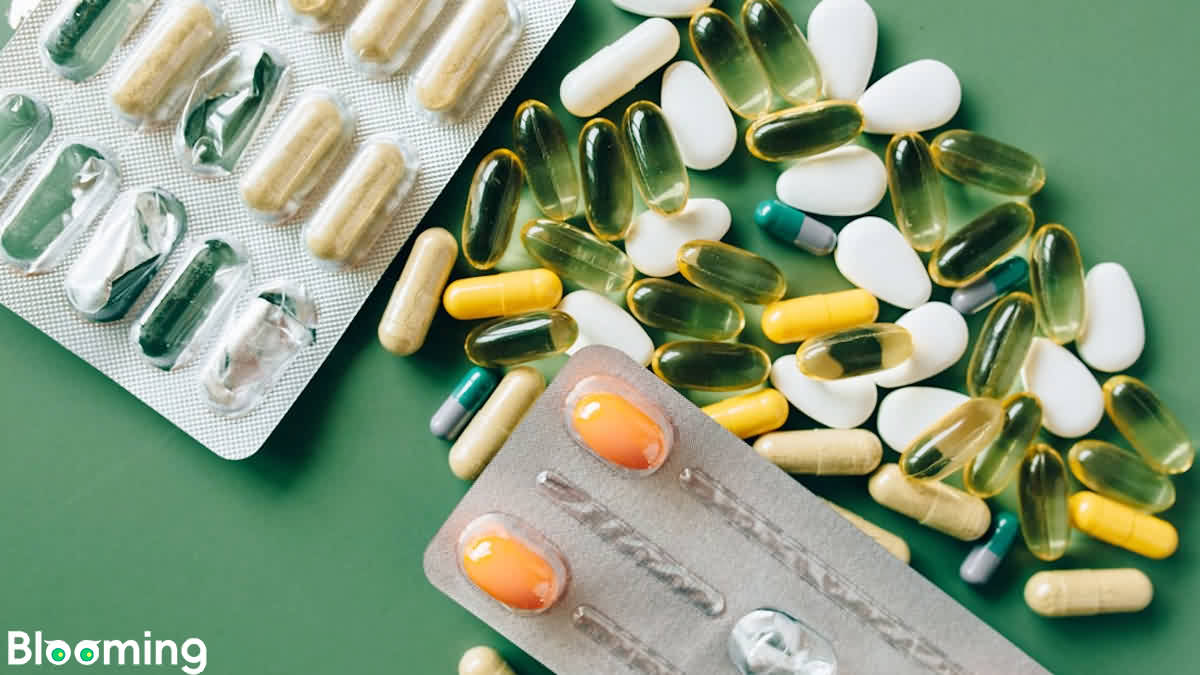China's Pharmaceutical Trade with Major 'Belt and Road' Countries in the First Three Quarters of 2024
China's Pharmaceutical Trade with Major 'Belt and Road' Countries in the First Three Quarters of 2024

In the first three quarters of 2024, the total trade volume of pharmaceutical products between China and countries along the "Belt and Road" (B&R) reached $32.084 billion, marking a year-on-year increase of 3.72%. Exports accounted for $25.82 billion, up 4.28%, while imports amounted to $6.263 billion, rising 1.46%.
Rising Importance of B&R Markets in China's Pharmaceutical Exports
The share of B&R markets in China's pharmaceutical exports has steadily increased. In 2013, pharmaceutical exports to these markets totaled $9.898 billion, representing 27.63% of the total. Over the past decade, the share consistently exceeded 25%, demonstrating the steady importance of the B&R markets in China's pharmaceutical export landscape. In the first three quarters of 2024, the share rose to 32.61%, setting a new record. This growth highlights the critical role B&R markets play in driving China's pharmaceutical exports.
India remains the largest destination for China's pharmaceutical exports among B&R countries, followed by Russia, Vietnam, Thailand, and Indonesia. Additionally, exports to Poland, the UAE, Egypt, and Saudi Arabia have shown rapid growth.
Optimized Export Structure with Increased High-Value Products
China's pharmaceutical export structure to B&R markets continues to optimize, with high-value-added products showing strong growth. For instance:
- Hospital diagnostic and treatment equipment: Exports totaled $4.993 billion, up 7.43% year-on-year.
- Health and rehabilitation products: Exports reached $1.814 billion, up 5.6%.
- Western medicine raw materials: Accounting for 48.47% of total exports, this category grew 4.09%, reflecting its competitive edge and steady demand in B&R markets.
- Traditional Chinese medicine (TCM): Exports declined 9.48% to $1.098 billion, facing downward pressure in both exports and imports.
1) India
China's pharmaceutical trade with India reached $7.241 billion in the first three quarters of 2024, down 1.2% year-on-year. Exports amounted to $6.271 billion, a slight drop of 0.93%, while imports fell 2.89% to $971 million.
- Western medicine raw materials remain dominant, with exports of $5.154 billion, down 2.9% but still a critical component, reflecting India's reliance on Chinese raw materials.
- TCM extracts stood out, with exports increasing 17.07% to $196 million.
- Medical devices exports, including diagnostic and treatment equipment, grew 0.37% to $732 million.
2) Russia
Total trade reached $2.362 billion, down slightly by 0.2%. Exports were $2.315 billion, nearly flat with a 0.15% decline, while imports dropped 2.5%.
- Western medicine raw materials exports grew 1.44% to $934 million.
- Hospital diagnostic and treatment equipment exports rose 0.66% to $594 million.
- TCM extracts showed strong growth, up 19.97% to $33 million.
3) Vietnam
Pharmaceutical trade totaled $2.137 billion, up 4.24% year-on-year. Exports accounted for $1.735 billion, up 1.09%, while imports surged 20.43% to $402 million.
- Western medicine raw materials exports grew 6.67% to $833 million.
- Medical devices exports, primarily diagnostic and treatment equipment, increased 8.64% to $706 million.
4) Thailand
China's trade with Thailand rose 4.85% to $1.981 billion. Exports reached $1.603 billion, up 6.41%, while imports declined 1.29%.
- Western medicine raw materials exports grew 8.48% to $744 million.
- Medical devices exports increased 8.1% to $628 million.
- TCM extracts saw a sharp decline, down 21.74% to $66 million.
5) Indonesia
Total trade reached $2.407 billion, up 3.74%. Exports grew 8.76% to $1.518 billion, while imports fell 3.83% to $890 million.
- Western medicine raw materials remained the largest category, with exports of $1.225 billion, up 8.43%.
- TCM extracts showed significant growth, up 33.1% to $65 million.
- Medical devices exports remained stable at $510 million.
Challenges and Opportunities
Amid increasing investments in pharmaceutical manufacturing by the EU, India, and the US, China's pharmaceutical exports face rising competition. However, the growing recognition of Chinese pharmaceutical products in B&R markets presents substantial opportunities. With enhanced market penetration and a strong foothold in high-value products, the B&R markets are poised to remain a major driver of China's pharmaceutical trade growth in the coming years.
